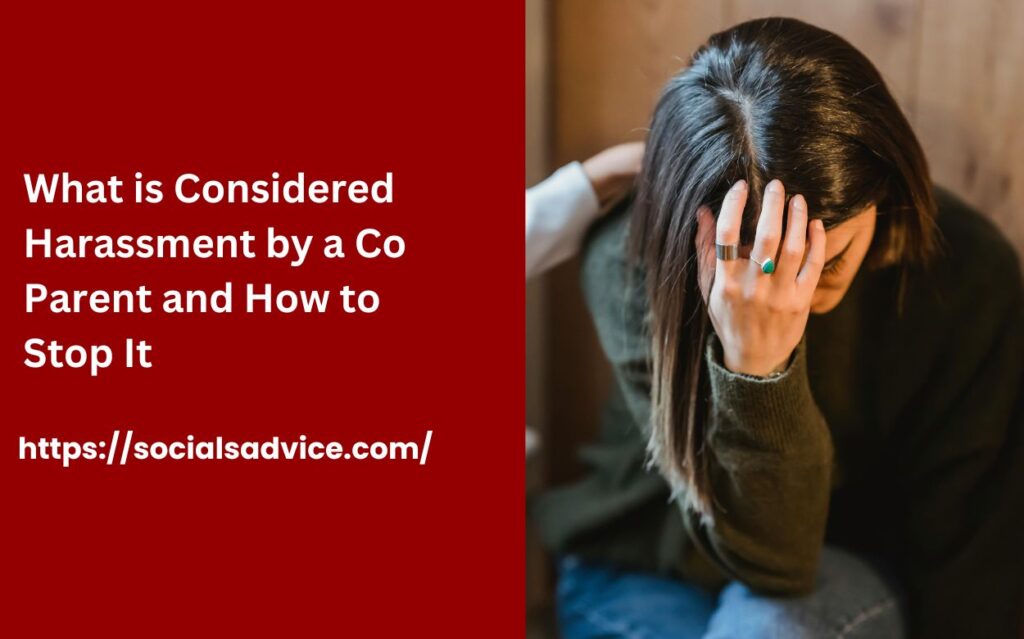
A custody battle is stressful and emotional, leaving many parents frustrated and not well-behaved.
It is very important that you do not engage in any unpleasant behaviour that may be held against you during detention. It is very important to keep in mind certain elements that can lead to success.
On the other hand, judges pay attention to how parents behave and put the best interests of the child first, so it’s wise to act professionally because it can make or break your position.
But, there are some things that can be used against you in a custody battle and you should always consult your lawyer to avoid any uncertainty.
What Can Be Used Against You In A Custody Battle?
Be sure to avoid the factors mentioned below, as they are the ones that can be used against you in a custody battle.
Not Contributing to Child’s Support
Parents must demonstrate their financial stability to support the children. If they fail to do so, it shows that they are financially unstable.
The judge considers the parents who is paying child support and continuing to make payments under a court-approved parenting plan.
But, if the parents backs down, this is something that can be used against you in a custody battle. It is wise to consult a lawyer, as they can best guide you and convince the court that you are stable and able to provide for your children.
Verbal Abuse
It is advisable not to yell at your child or partner, as this can be used against you in a custody battle. But, if you lose your temper, leave the room and collect your thoughts because harsh language or yelling shows that your frustration is beyond your control.
It is preferable to avoid any situation that affects your custody battle because you can be blamed for any tension even if you were not the one to initiate the argument.
Parental Alienation
Criticizing and alienating the other parents in front of the child can hurt your case, and can be used against you in a custody battle.
Judges never tolerate such behaviour because it hurts the child, and he starts to feel contempt. Make sure you never engage in parental alienation, as this can weaken your case.
Not Allowing Child to Contact the Other Parents
It is legally prohibited to deny your child contact with the other parents, even if you both disagree. If the other parents have legal visitation rights with the court, you cannot stand in their way.
But, if you do, the judge will reevaluate your custody battle and placement arrangements. In such a case the result will not be favorable, thus your contact and meeting will be reduced.
Not Compromising
During custody battles, it is always important to compromise to ensure that everything is arranged in the best interests of the child. Parents can come to a choice that prevents a legal dispute from escalating.
Compromise is encouraged by the judge because it promotes the mental and emotional well-being of the child. In addition, it eliminates custody disputes and once the matter is resolved, everyone can adjust accordingly to the situation.
Forcing a New Partner
Children feel uneasy when you impose a new partner because of the disruption in their family.
Make sure to keep your new partner and children separate until the custody dispute is resolved as this could be used against you in a custody battle.
Before introducing your child to your new spouse, prepare mentally and take into account the time it takes to adjust, understand and cope with this change.
Arguing
Remember to never argue with your partner in front of the child or anyone else as this is something that can be used against you in a custody battle. In some unfortunate circumstances, a witness who listens to your argument may testify against you in court.
Anything you do can be used to convince a judge that you are irresponsible, have trouble controlling your anger, or often argue in front of your children, even if you I think the disagreement was not serious.
Not Following Court Orders
During a child custody battle, if you disobey the court orders and do not follow them seriously, it can affect your position. The judge believes that you disobeyed the rules established by these laws to protect your child’s best interests.
You must remember that if the court orders and you fail to complete the work, you will be held in contempt of court.
Also, if you want to shift to strengthen your case, obey the court’s orders. Prioritize payments and take extra care of your child. The court will believe that you are committed to your child and that you are capable of raising your children.
Final Thoughts
Navigating a custody battle is complex and emotionally charged. The paramount concern must always be the welfare and best interests of the child. From understanding how moms can lose custody to making sure they don’t fall into common pitfalls like badmouthing the other parent, preparation and clear focus are essential.
Parents must be aware of their actions in and out of the courtroom. This awareness and genuine commitment to the child’s happiness and stability will guide parents towards the best outcomes for all concerned, ensuring that the child’s future remains bright and full of promise.
CONCLUSION
During a custody battle, the judge considers the best interests of the children when determining custody. The court evaluates each situation, from placement, parenting time, and visitation to the children’s best interests.
It is important to maintain a strong and strong harmony despite the circumstances. Judges pay attention to how parents behave and if they put their children first. To avoid any unfavorable situations, act professionally to keep your case strong.
FAQ‘s
Why do you need to compromise with your partner?
Making an agreement with another partner is important to your children’s emotional well-being, and it is wise to consider the children’s best interests in order to ensure a better future for them.
Does introducing a new partner affect your child?
Yes, suddenly introducing a new partner can affect the child because he is already going through a lot. Make sure you prepare your children before taking any action.
What factors decide a child’s custody?
There are several factors that courts consider before granting custody to a child to make sure everything meets their standards, such as financial stability, living conditions, addictions, and relationships.


